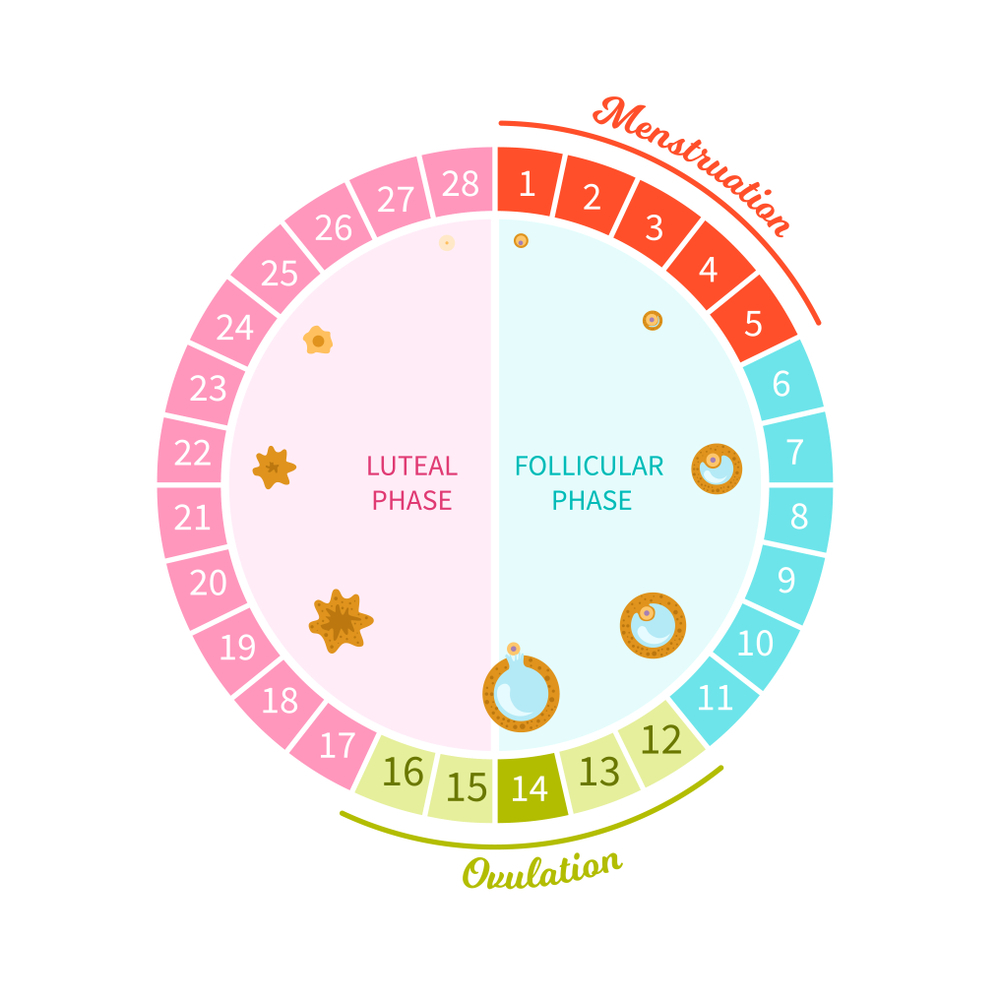It’s perfectly normal to experience a variety of colors when it comes to your period blood, from bright red to dark brown.
If you’ve noticed that your period blood has taken on a brown hue, you may be wondering why this happens and if it’s something to worry about.
To help understand why your period blood might be brown, let’s take a closer look at the menstrual cycle.
How the menstrual cycle works
The menstrual cycle, lasting 28 days, divides into two phases: the follicular phase and the luteal phase. During the follicular phase (first 14 days), hormones such as FSH and estrogen stimulate the ovaries to produce an egg for fertilization, followed by ovulation. The body then enters the luteal phase, releasing hormones like progesterone for conception.
If conception does not occur during this time, then your uterus begins to shed its lining resulting in what we know as menstruation or a period.
During this time, most people will notice that their period blood is usually bright red or slightly darker in color.
However, some people may notice that their period blood has a different hue such as a brown or black color.

Why is my period blood brown?
After ovulation or during the last few days of the cycle, you release older layers of uterine lining stored in your uterus, causing brown period blood.
This older tissue is what causes periods to become more brownish in color rather than bright red like they were during ovulation.
Additionally, having sex during your period can also change the color of your flow as old menstrual fluid mixes with fresh semen which can make it appear more brownish in color as well.
However, if you notice that there are other symptoms present along with this brown discharge such as cramps or unusual odors then it may be best to get checked out by a doctor just in case there could be an underlying issue like an infection causing these changes.
Conclusion
Light brown spotting between/at end of periods is normal, but see doctor if accompanied by cramping or strange odors.
Understanding why your period blood might be brown can give you peace of mind so that you can go about enjoying life!


